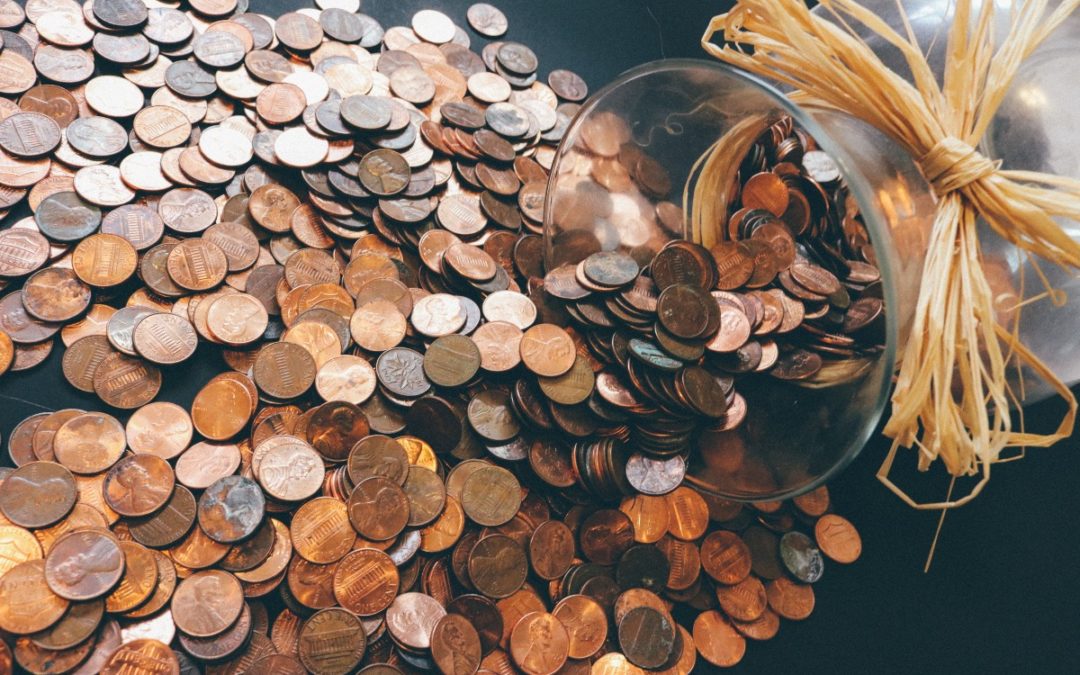Addictions often involve actions that are taken for immediate gratification. You may have heard of this term, but what is it exactly, and how can it be overcome?
What Is Immediate Gratification?
Immediate gratification describes the desire to take action to gain a short-term reward. This often implies that there is an alternative choice present that would take more work and commitment to achieve but would lead to an even better reward later. Unfortunately, many individuals struggle to wait for a delayed reward even if they are aware that waiting would provide them with more benefits in the long run.
Why Is Immediate Gratification a Concern?
As we look at the scientific background of addiction, we see that substance abuse alters our brains in a variety of ways, mainly affecting our decision-making ability. Without our ability to properly contemplate our decisions, we can find it extremely difficult to understand the bigger and better reward that comes from waiting rather than giving in to the immediate effects of gratification. This is especially concerning when we are working to overcome an addiction because it means we may have difficulty recognizing the impact our decisions have on our future success.
When we are making decisions, it is common that the choice leading to immediate gratification involves greater certainty. Conversely, there are often a variety of unknown factors involved with waiting for a better reward in the future. Although it can be difficult to do at first, moving past the slight uncertainty of waiting for a future reward can allow you to receive better outcomes in life.
If you struggle to determine the best decision, try grabbing a piece of paper and writing down the pros and cons of each choice. Make a list of both long-term and short-term pros and cons. Reviewing these can help you see which decision will lead you to the best outcome in the long run.
Understanding the Concept
An example that helps many individuals to understand the meaning of immediate gratification is looking at a financial situation. If you were offered a penny and told that you would double the amount of the penny each day for 30 days and could keep the amount at the end, or you could have one million dollars handed to you right now, which would you choose?
Your first instinct is likely to choose the one million dollars, as that is drastically more than one penny and sounds like the better option. However, if we look into the future at the potential reward we could receive, you will find that choosing the penny and doubling it every day would leave you with $5,368,709. Now looking back at the original choice, waiting 30 days to receive over five million instead of one million seems worth the wait.
This example shows why it is important to look at the full potential of each choice you have. One choice may be more rewarding in the short term, but the choice that requires patience may be drastically better. Understanding the potential of these choices can greatly benefit you when working to maintain sobriety. It is not worth giving up your success for the immediate gratification you might receive from a relapse.
One of the leading personality factors that play into the desire to obtain immediate gratification is impulsivity. When you are pushing past withdrawal symptoms, impulsivity can begin to increase. If you have not experienced high levels of impulsivity yet, this feeling may arise during recovery. If you tend toward impulsive behaviors naturally, the tendency to do so will only worsen when experiencing withdrawal symptoms. However, impulsivity can be overcome.
The Danger of Immediate Gratification
Now that you have begun the treatment process and possibly finished your recovery program, your main focus should be on long-term satisfaction. Straying away from immediate gratification can help you focus on your goals without distraction toward simple pleasures along the way. Giving into forms of immediate gratification can hinder your ability to accomplish your long-term goals.
These dangers are particularly concerning with addiction. Immediate gratification in correlation with addiction often refers to using a substance again or relapsing to feel the pleasurable sensation shortly after. This may feel rewarding temporarily; however, in the scope of your recovery, it only slows your progress down. If you experience a relapse, developing an understanding of immediate gratification can help you overcome that relapse and prevent yourself from future relapses.
Some individuals find themselves stuck in the tendency to find immediate gratification and struggle to work past giving into these small temptations. This can cause a problem in one’s ability to recover because they are unable to see the future benefit of maintaining sobriety. However, by setting aside time to envision the alternate future that each choice could lead to and by allowing yourself to enjoy healthy pleasures and activities that can help your body relax, you can overcome any temptation of immediate gratification.
Immediate gratification can influence our choices in our daily lives. However, giving into this form of gratification can have its consequences, especially regarding addiction and our choices moving forward from recovery. Waiting for a future reward that is often better can provide us with more long-term benefits and maintenance of sobriety. This takes a strong sense of willpower and patience, but doing so will be extremely beneficial in maintaining sobriety. Overcoming the desire for immediate gratification can be extremely challenging, though. Being aware of the potential risks and rewards for each decision you have can help you understand which option is best for you and commit to it. Being aware of this can help you plan for your future and set yourself up for success rather than temporary pleasure. To learn more about the problems involved with immediate gratification, reach out to Dream Recovery at (949) 732-1960.


Recent Comments